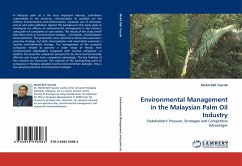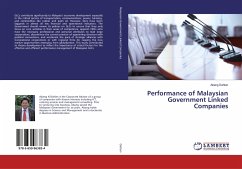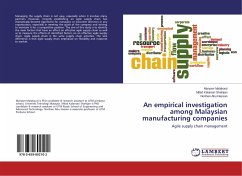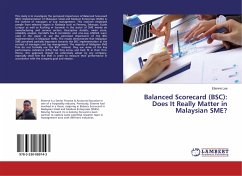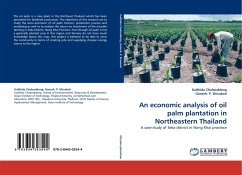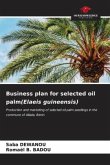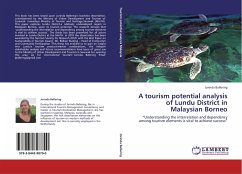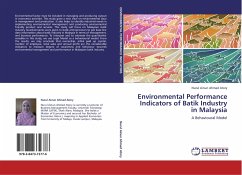In Malaysia palm oil is the most important industry, contributes substantially to the economy. Unfortunately, its activities are not without environmental costs-deforestation, excessive use of chemicals, and air and water pollution. Against this background, this study seeks to investigate the efficacy of environmental management in the industry, using palm oil companies as case studies. The results of the study reveal that three levels of environmental strategy minimalists, intermediators and proactivists. The proactivists were classified as those who exercised a proactive strategy, but both intermediators and minimalists exercised a reactive environmental strategy. The management of the proactive companies tended to perceive a wider range of threats from environmental stakeholders compared with reactive companies. In addition the proactive companies perceived to be more environmentally effective and to gain more competitive advantages. The key findings of this research are instructive. The majority of the participating palm oil companies in Malaysia adopted reactive environmental strategies. Only a few adopted proactive environmental strategies.
Bitte wählen Sie Ihr Anliegen aus.
Rechnungen
Retourenschein anfordern
Bestellstatus
Storno

